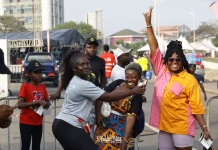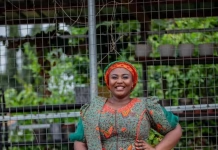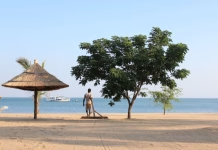
Making this shocking revelation at the commemoration of the 31st December 1981 coup d’état in Winneba, the founder of the National Democratic Congress (NDC) noted that this alleged bank, when operationalised, will cripple existing banks because it would favour fraudulent entrepreneurs which would in turn plunge the country into corruption just as it happened with the Ghana Commercial Bank in the old days.
While addressing the public, he said “I’m about saying something, maybe NPP will deny it. They intend to set up a National Development Bank. This National Development Bank I bet because they know the use to which Ghana Commercial Bank was put by a certain group of people in this country being part and parcel of them, they monopolised it, kept quiet and they have also decided that no, we will also decide to establish a National Development Bank under this leadership”.

But J.J Rawlings, being hopeful the establishment of this National Development Bank will serve its ‘right’ purpose, he stressed that “my prayer is that if or when they do, that it will not go down serving the selfish interest of fraudulent entrepreneurs as the Ghana Commercial Bank did in those days…but will rather serve the interest deserving and genuine entrepreneurs all of all this country irrespective of whichever tribe you belong to”.
During the Acheampong regime in the 1980s, Ghana Commercial Bank was plunged into unimaginable corruption because it served as a hub of loans for some persons from a particular ethnic group who enjoyed huge sums of monies without paying back.
Though this horrifying situation happened under General Ignatius Kutu Acheampong, the President at the time was left with no choice than to publish the names of GCB defaulters in a bid to resolve the situation.
In as much as Acheampong tried, Rawlings said, it still contributed a big deal to the triggering of the June 4 1979 coup against the Supreme Military Council regimes led, first by Colonel I.K. Acheampong and later by General Akuffo.




















